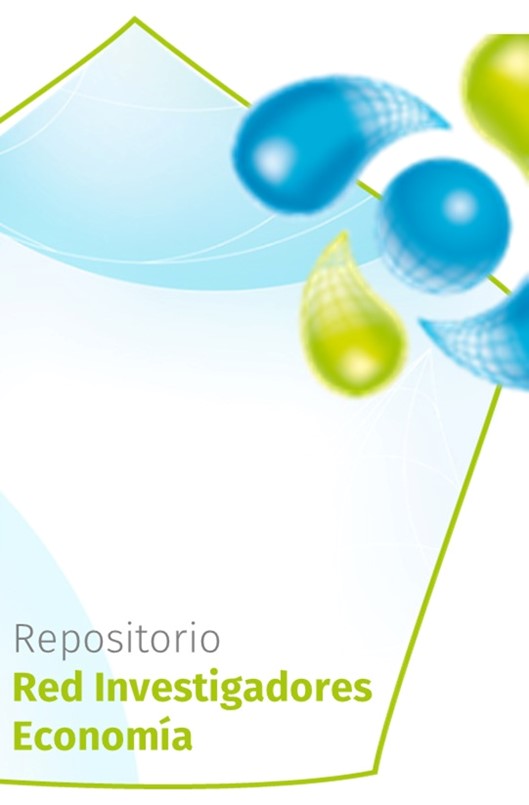Provision of noxious facilities using a market-like mechanism: A simple implementation in the lab
| dc.audience | Researchers | eng |
| dc.audience | Students | eng |
| dc.audience | Teachers | eng |
| dc.contributor.institucion | Universidad del Rosario | spa |
| dc.coverage.ciudad | Bogotá | spa |
| dc.creator | Alberti, Federica | spa |
| dc.creator | Mantilla, César | spa |
| dc.date.accessioned | 2020-03-19T20:31:27Z | spa |
| dc.date.available | 2020-03-19T20:31:27Z | spa |
| dc.date.created | 2020-03-19 | spa |
| dc.description.abstract | We study the provision of a public project that globally behaves as a public good but locally behaves as a private bad. This scenario imposes two problems: (i) find a compensation that makes the project acceptable for the pre-determined host, and (ii) secure the budget to pay for the project and the required compensation. We use a market-like mechanism with two useful properties for this scenario: players can either contribute or request subsidies to fund the public project, and players have veto power over the desired project quantity. In our game, two players benefit from a waste incinerator, whereas the third group member, the host, is harmed if the facility is too large. We analyze the efficiency and the redistributive potential of this mechanism, with and without communication among group members. We find that the probability of positive provision did not differ with and without communication. However, average provided quantities with respect to the efficient quantity increased from 54% to 81% with communication. We also find that contributions fell below the Lindahl taxes, allowing the players who benefit from a larger facility to accrue most of the efficiency gains. The latter result is consistent with the infrequent evidence of veto threats as a bargaining strategy | eng |
| dc.format.extent | 42 páginas | spa |
| dc.format.mimetype | eng | |
| dc.identifier.uri | https://repositorio.redinvestigadores.org/handle/Riec/54 | spa |
| dc.language.iso | eng | eng |
| dc.relation.ispartof | Documentos de Trabajo | spa |
| dc.relation.number | No. 35 | spa |
| dc.relation.repec | https://ideas.repec.org/p/rie/riecdt/35.html | spa |
| dc.rights.accessRights | Open Access | eng |
| dc.rights.cc | Atribucion-NoComercial-CompartirIgual CC BY-NC-SA 4.0 | spa |
| dc.rights.spa | Acceso abierto | spa |
| dc.rights.uri | https://creativecommons.org/licenses/by-nc-sa/4.0/ | eng |
| dc.subject.jel | C92 - Laboratory, Group Behavior | eng |
| dc.subject.jel | H4 - Publicly Provided Goods | eng |
| dc.subject.jel | Q58 - Environmental Economics: Government Policy | eng |
| dc.subject.keyword | Lab experiment | eng |
| dc.subject.keyword | NIMBY | eng |
| dc.subject.keyword | LULU | eng |
| dc.subject.keyword | Public goods | eng |
| dc.subject.lemb | Proyectos -- Estrategias de negociación | spa |
| dc.subject.lemb | Proyectos públicos -- Bienes públicos | spa |
| dc.subject.lemb | Estrategias de negociación -- Potencial redistributivo | spa |
| dc.title | Provision of noxious facilities using a market-like mechanism: A simple implementation in the lab | eng |
| dc.type | Working paper | eng |
| dc.type.hasversion | Published Version | eng |
| dc.type.spa | Documentos de Trabajo | spa |
Files
Original bundle
1 - 1 of 1

- Name:
- Working paper Red Investigadores de Economía No. 35
- Size:
- 383.72 KB
- Format:
- Adobe Portable Document Format
- Description:
- Working paper Red Investigadores de Economía No. 35
License bundle
1 - 1 of 1

- Name:
- license.txt
- Size:
- 7.52 KB
- Format:
- Item-specific license agreed upon to submission
- Description:






